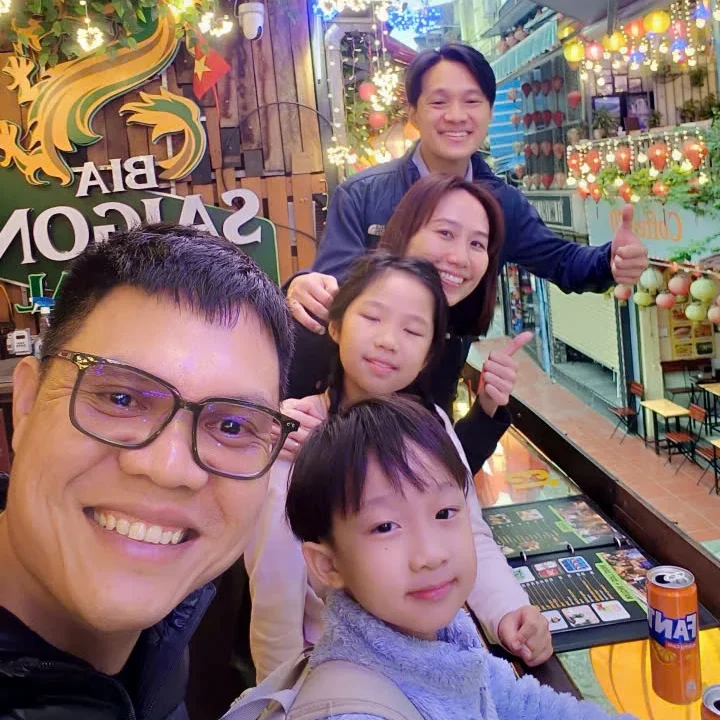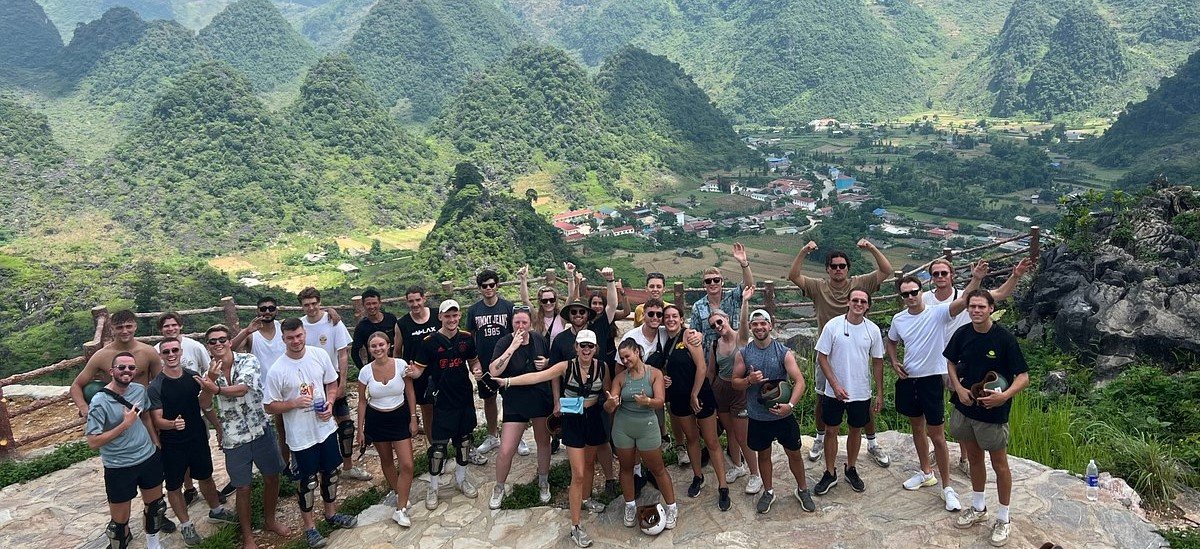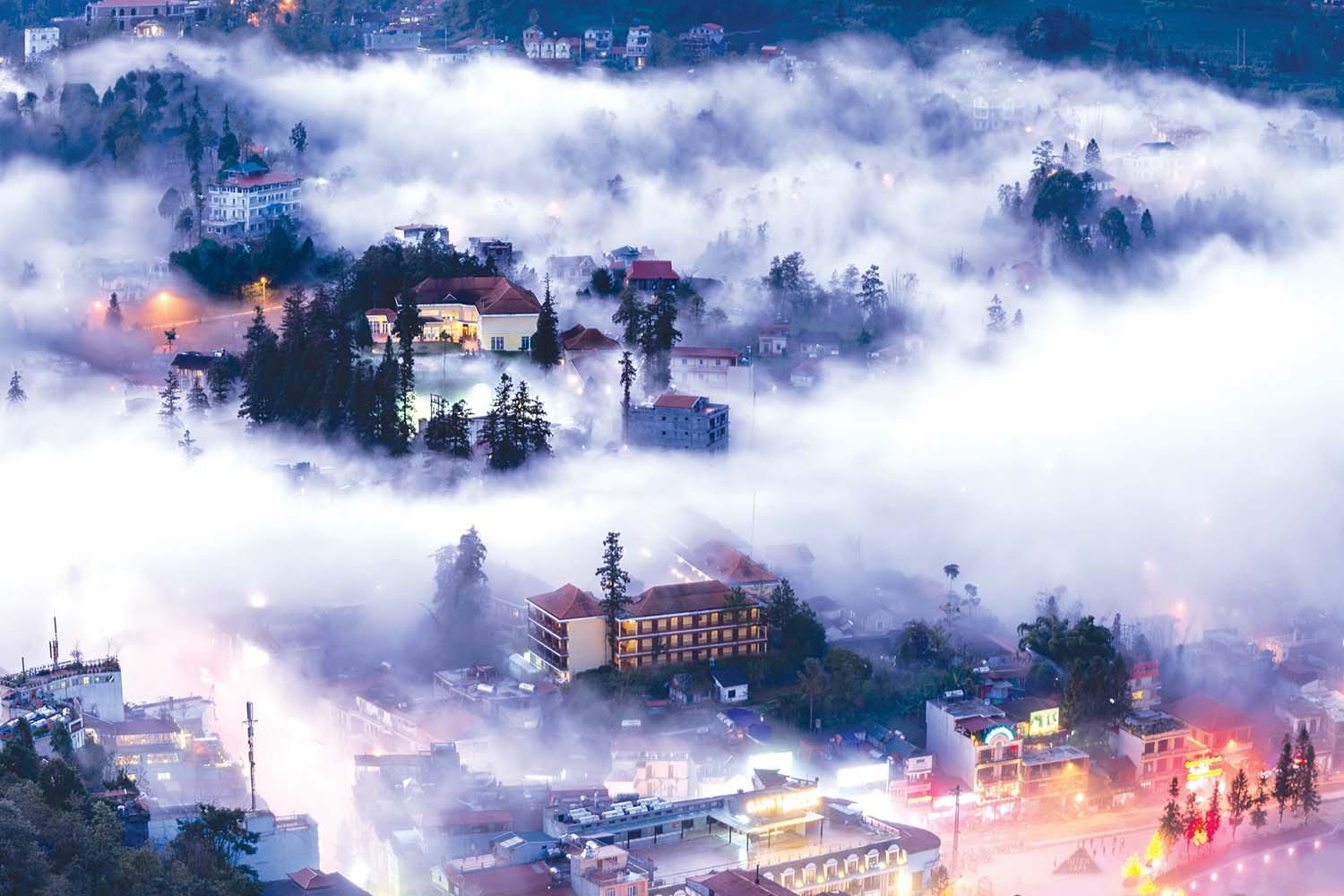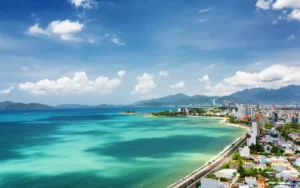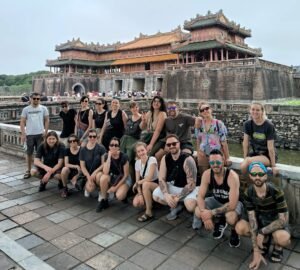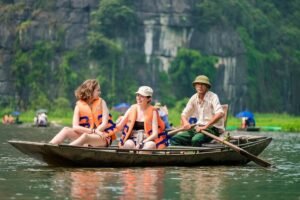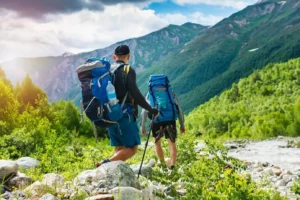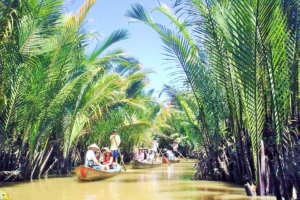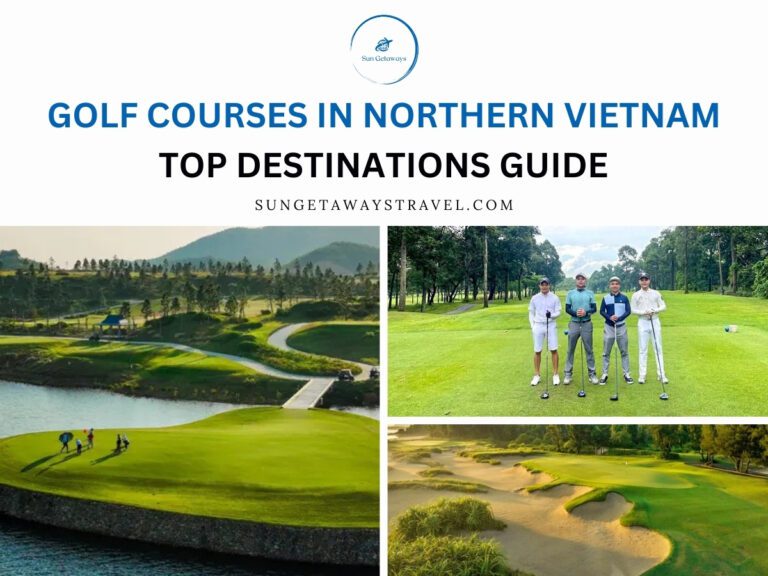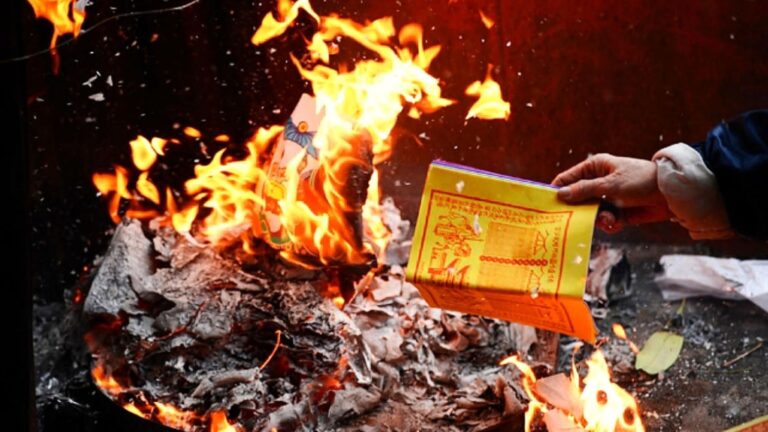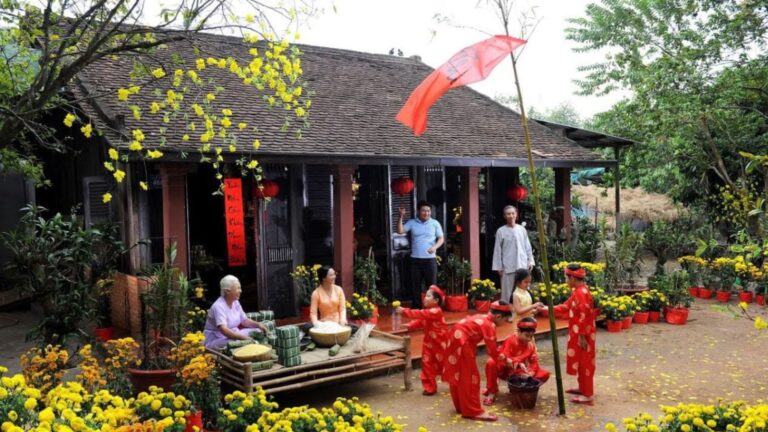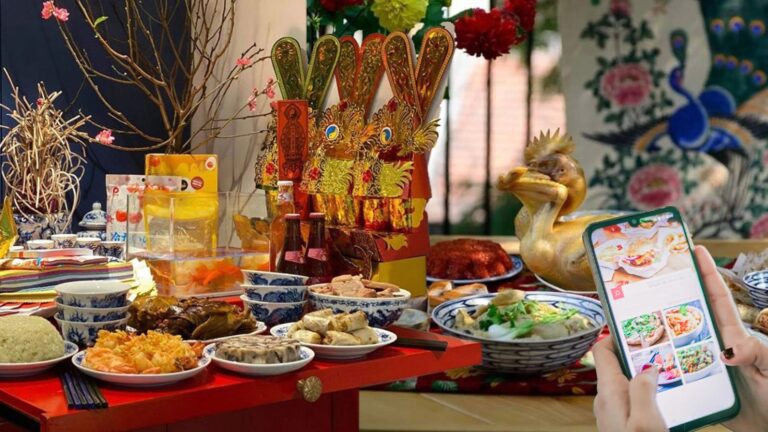Vietnam Travel Safety: Essential Tips for a Secure Trip
Vietnam is one of Southeast Asia’s most popular destinations, drawing millions of travelers each year with its vibrant culture, mouthwatering street food, and epic natural scenery. But before any big adventure, safety is top of mind. Whether you’re trekking in the mountains or sipping coffee in Hanoi’s Old Quarter, understanding Vietnam travel safety helps you enjoy a smoother, stress-free trip.
This guide breaks down everything you need to know—from local scams to traffic chaos and health tips. So, let’s get into it and explore the essential Vietnam safety tips for a memorable (and safe!) experience.
1. Understanding Vietnam Travel Safety: How Safe is It Really?
Before booking flights or planning routes, many travelers ask: Is Vietnam safe? The short answer? Yes—Vietnam is considered one of the safest countries in Southeast Asia for tourists.
Compared to global travel hotspots, Vietnam has low levels of violent crime, a welcoming local population, and relatively few natural disaster risks. Petty crime can occur, but it’s manageable with a little awareness. Like any country, common sense goes a long way toward protecting yourself.
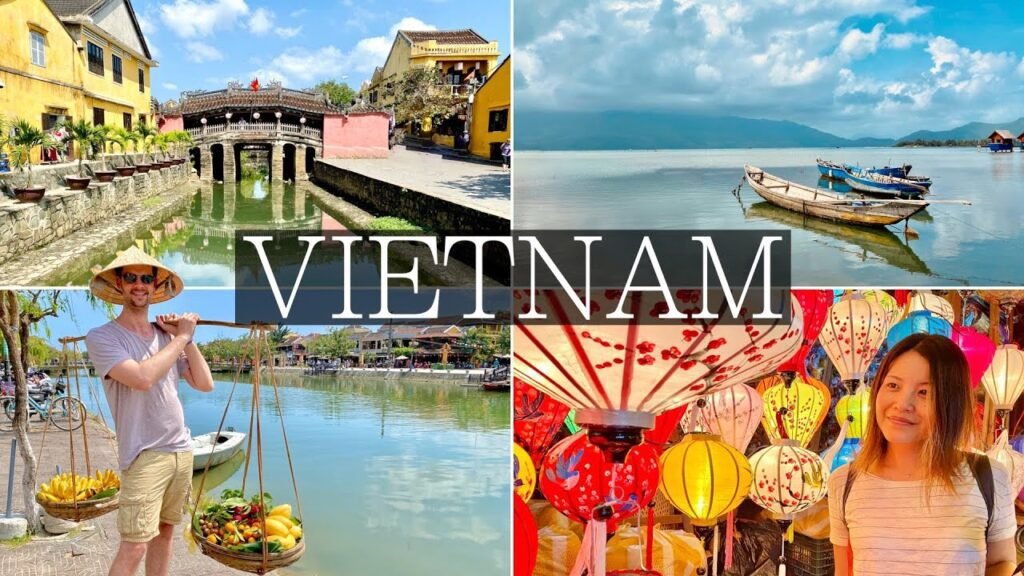

Vietnam travel safety generally scores well in international rankings. In 2023, Vietnam was rated safer than popular destinations like Thailand and the Philippines. So while there are always things to look out for, you’re in good hands here.
2. Top Vietnam Safety Tips for Travelers
Being aware of your surroundings and following a few golden rules can prevent most issues. These Vietnam safety tips will help keep your trip smooth:
- Keep your belongings in front of you, especially in crowded areas.
- Avoid walking alone at night in poorly lit or remote areas.
- Use crossbody bags or anti-theft backpacks.
- Don’t flash valuables like iPhones or expensive jewelry.
- Watch out for pickpockets in tourist zones like Hanoi’s Old Quarter and Saigon’s Ben Thanh Market.
2.1. Staying Safe on the Road
Traffic is one of the biggest challenges to Vietnam travel safety. Scooters are everywhere, road rules are more “guidelines,” and crossing the street can feel like a game of Frogger. Still, locals manage the chaos every day—and you can too, with the right precautions.
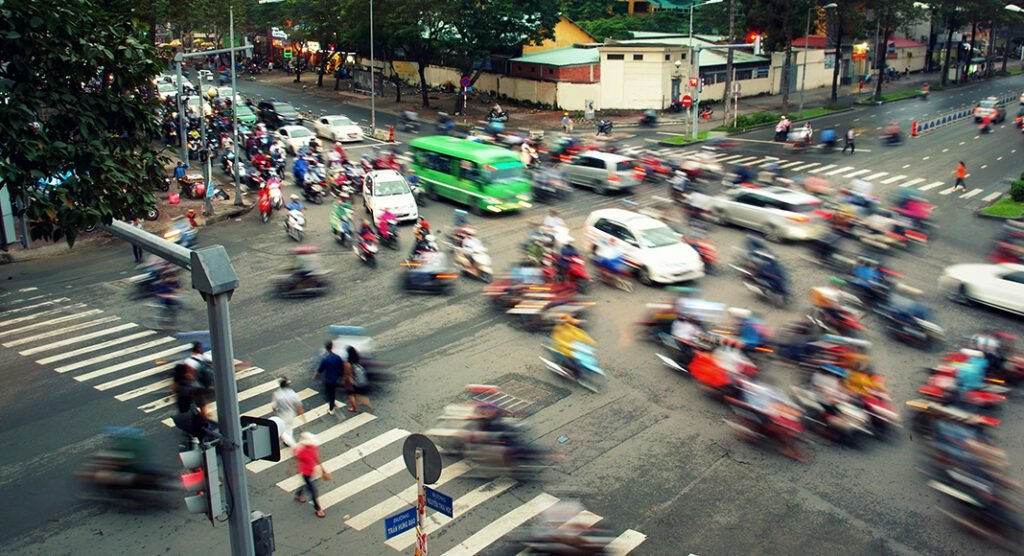

- Always wear a helmet if you’re riding a motorbike.
- If you rent a scooter, make sure your license is valid in Vietnam.
- Avoid driving at night in rural areas—roads are often unlit.
- Book long-distance travel with reputable bus companies.
- Use ride-hailing apps like Grab for short trips in cities.
Many accidents happen because tourists underestimate road conditions or try to drive too fast. Take it slow and stay alert.
👉 Explore Vietnam Traffic Safety: How to Stay Safe Amid Vietnam’s Traffic
2.2. Common Scams and How to Avoid Them
Like in any tourist-heavy country, scams do exist. But they’re often more annoying than dangerous. Scams to Watch For:
- Taxi meter scams: Use apps like Grab to avoid inflated prices.
- Fake tour operators: Book through verified companies only.
- Overpriced street food or market items: Politely ask for a price beforehand.
- Motorbike rental scams: Always check the bike and take photos of existing damage.
- Friendly locals inviting you to a café or bar: You could be stuck with a surprise bill.
These tips are part of everyday Vietnam travel safety and can save you from losing money or wasting time.
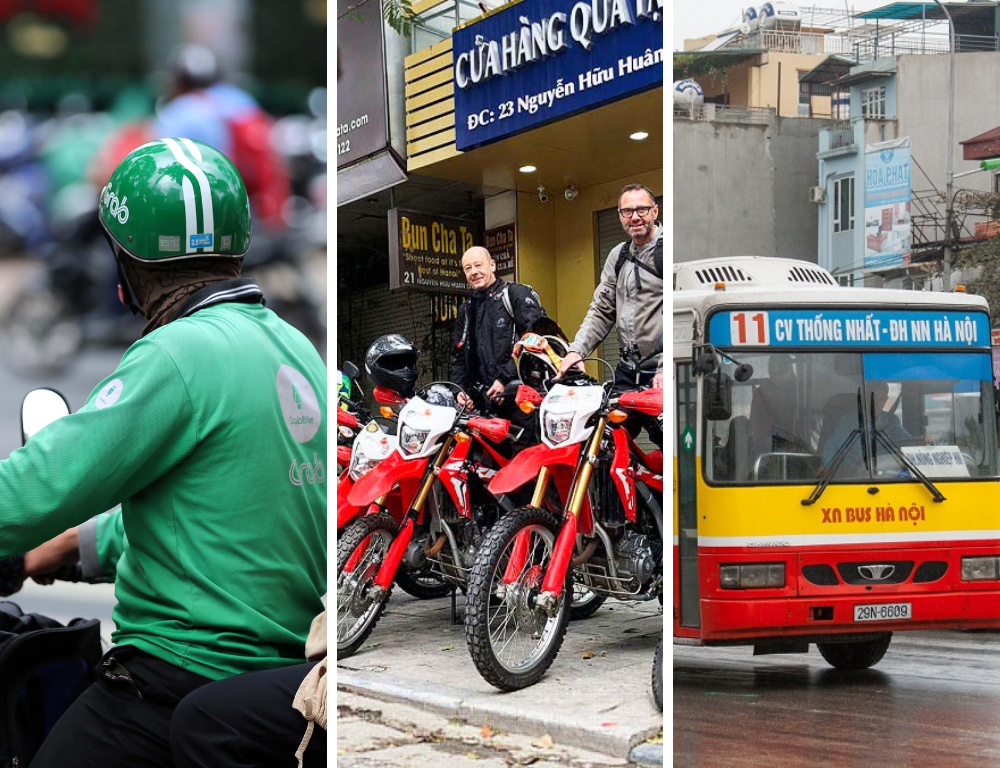

2.3. Health Safety Tips in Vietnam
Health-wise, Vietnam is pretty traveler-friendly, but it’s still smart to be prepared. Clinics and pharmacies are widely available in cities, though rural areas may have limited access.
- Drink bottled or filtered water only.
- Eat hot, freshly cooked food—especially from street vendors.
- Carry hand sanitizer and wet wipes.
- Be up to date on basic vaccines (typhoid, hepatitis A, tetanus).
- Consider travel insurance that covers accidents and illness.
If you’re traveling to remote areas, a small first aid kit is a good idea too.
2.4. Respecting Local Laws and Culture
Vietnamese culture respect = travel safety. Vietnam has strict rules around public behavior, especially in temples and rural communities. Cultural Safety Tips:
- Dress modestly in religious or traditional areas.
- Don’t raise your voice or lose your temper in public.
- Avoid political conversations—especially about government or history.
- Learn a few local phrases—it goes a long way!
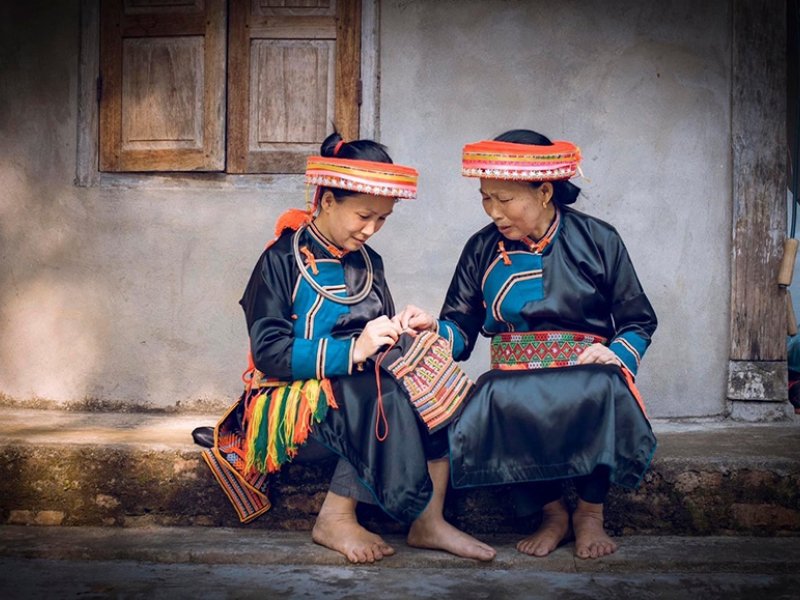

Being a respectful traveler helps you stay safe and leaves a great impression.
🏔️ Explore Ha Giang Trekking Guide: Everything You Need to Know
2.5. Digital Safety: Staying Smart Online
Public Wi-Fi is everywhere, but not always secure. Online Safety Tips:
- Use a VPN when accessing sensitive sites (banking, email).
- Don’t share personal details with strangers online.
- Be cautious of fake online bookings or homestays—stick to well-known platforms.
2.6. Packing Smart for a Safer Vietnam Trip
Preparation goes a long way. Here are a few smart things to pack to boost your personal safety:
- Power bank and charger
- Travel insurance papers
- Photocopies of passport and visa
- Cash (but not too much!) and backup cards
- Portable door lock or wedge for hotels/hostels
- Small flashlight
- Emergency contact list
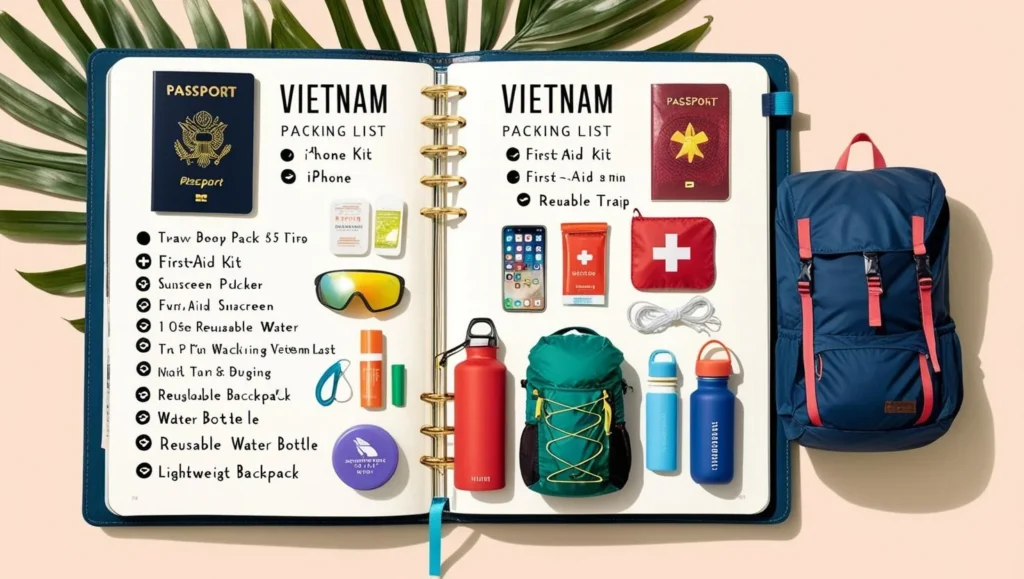

3. Is Vietnam Safe for Solo Travelers and Women?
Absolutely. Vietnam is one of the safest countries in Asia for solo travelers, especially women. People are generally kind and respectful, and violence toward tourists is rare.


Still, solo travelers—particularly women—should keep these Vietnam safety tips in mind:
- Choose well-reviewed accommodations.
- Avoid drinking too much alcohol in unfamiliar settings.
- Let someone know your Vietnam itinerary, especially for trekking or biking.
- Avoid isolated places after dark.
🎒Explore our Vietnam Packing Guide: What to Wear on Your Holiday!
4. Top 2 Notes for Vietnam Travel Safety
While the weather is usually just hot or rainy, extreme conditions can affect travel.
4.1. Weather and Natural Hazards: Seasonal Tips
- Typhoon season (July–October): Monitor forecasts if you’re traveling along the coast.
- Mountain trekking (December–March): Can be foggy or icy in the north.
- Flash floods and landslides: Occasionally occur in Ha Giang, Sapa, or the Central Highlands.
Keep an eye on weather updates and avoid risky routes during storm season.
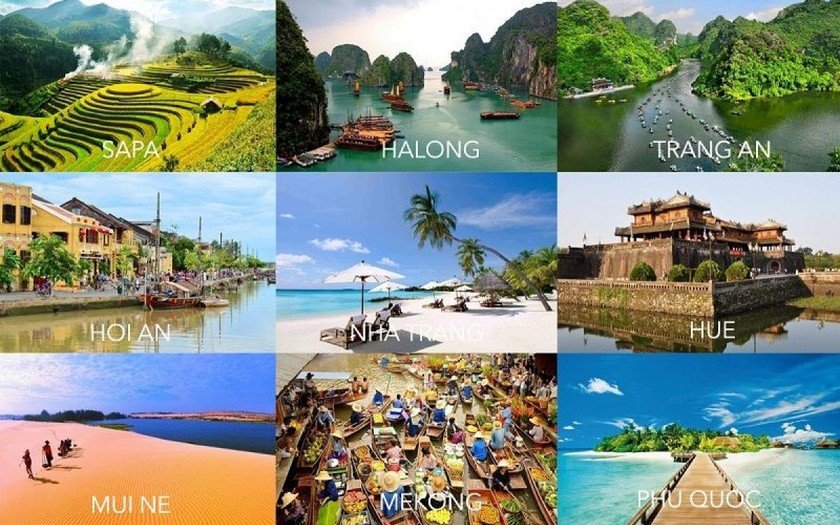

4.2. Important Numbers: Police and Emergency Support
If you ever feel unsafe, local police stations are present in most towns. Tourist police are also available in major cities like Hanoi, Da Nang, and Ho Chi Minh City.
- Police: 113
- Ambulance: 115
- Fire: 114
- Save the contact info of your embassy or consulate.
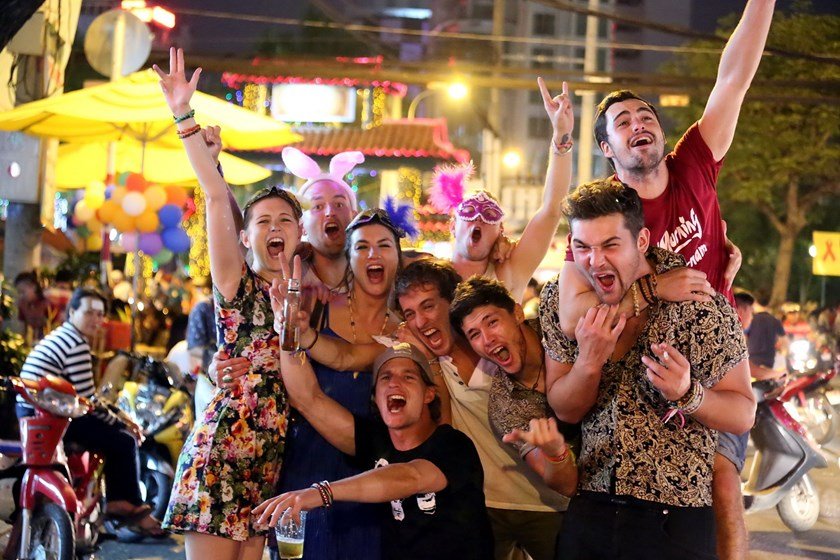

While Vietnam travel safety is well-rated, navigating a new country always has unknowns. Language barriers, cultural differences, and unexpected issues can quickly turn stressful.
Traveling with Sun Getaways Travel provides peace of mind with pre-vetted accommodations, reliable transportation, and 24/7 on-ground support should you need any assistance. Whether you’re traveling solo or with family, you’ll feel secure knowing someone’s got your back.


5. FAQs About Vietnam Travel Safety
1. Is Vietnam safe for solo female travelers?
Yes, it’s one of the safest countries in Asia for women traveling alone. Just follow basic precautions and trust your instincts.
2. Are motorbike rides in Vietnam dangerous?
They can be if you’re not careful. Always wear a helmet and ride defensively.
3. What scams should I watch for in Vietnam?
Common scams include rigged taxi meters, fake tour operators, and overcharging at markets. Stay alert and book through verified sources.
4. Is tap water safe to drink in Vietnam?
No, always drink bottled or filtered water to avoid stomach issues.
5. Should I buy travel insurance for Vietnam?
Absolutely! It’s a small investment that can save you a lot of money and stress in emergencies.
6. Final Thoughts: Is Vietnam Safe for Your Next Trip?
So, is Vietnam safe? Yes—when you travel smart, it’s incredibly safe. With a little preparation, awareness, and respect for local norms, your Vietnam trip can be one of the most rewarding and secure experiences you’ll ever have.
Remember, no destination is perfect. But Vietnam travel safety is among the best in the region, and the country’s warm spirit more than makes up for the occasional hiccup. Enjoy the food, the landscapes, and the friendships—Vietnam’s waiting for you.
Experience Vietnam like never before with us. Our all-inclusive trips cover every detail, from accommodations and transportation to unforgettable experiences, depending on your interests (Our Customized Private Tour for each customer to Vietnam 🇻🇳). Ready to embark on your next adventure?
👉 View more: Vietnam Nightlife Guide: From Bustling Bars to Cultural Shows
Ask a question
Leave a Comment (0)
No questions yet. Be the first to ask a question!

